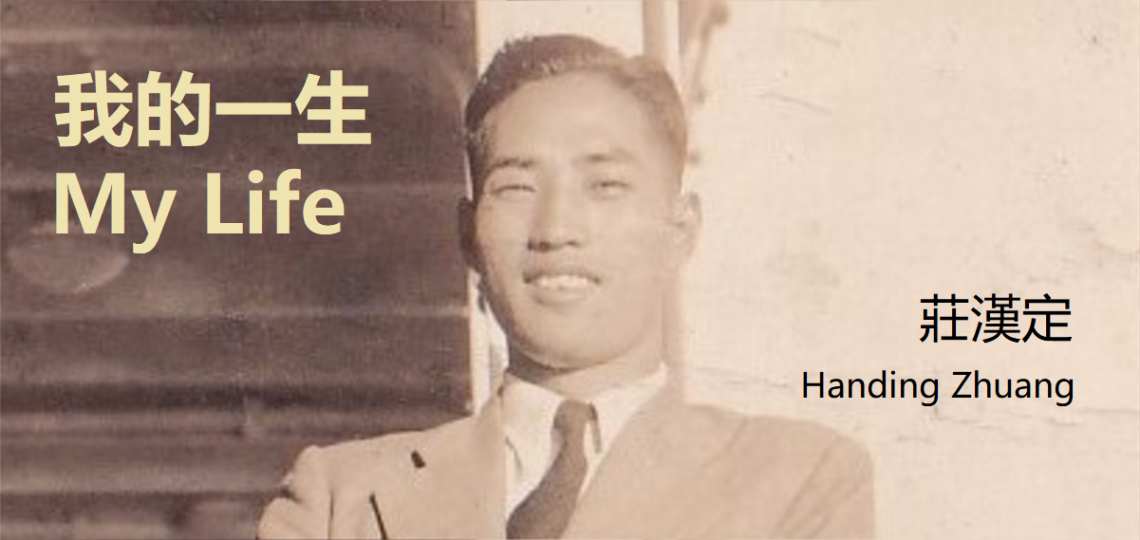
12. Karachi 1943.10-1944.5
After arriving in Kolkata, I saw Lin Hanting, he had left BOTC with his own business. There are also Zhang Xiaozheng and Wang Xiaocen from the Ordnance Industry Department. I did not meet Zhang Zuping, Shen Huilin, and Wei Weiheng because they were in Dibrugarh. Shen Shihua was the general representative of the Ministry of Communications in India, Sun Guilin was the secretary of the general representative office, and Meng Zhaochang and Wang Chunzhai were also working in the general representative office. I visited them, and it had been two years since we were separated in Yangon.
The India-Iran Transport Office was located in Karachi, Pakistan. After staying in Kolkata for three days, I took the train to New Delhi. Brother Kai was waiting for me, and we met very happily, then went to the General Representative Office of the Ordnance Industry Department in India for a break for breakfast. See Fang Zhaohao and Liu Shizan and so on. At about nine o’clock, Kai took me to a nearby park for a walk. After finding a place to sit down, I informed him about my marriage and other circumstances in Chongqing and told that Zhongxian stayed at Fang’s place temporarily , and might return to Qingmuguan’s home in the future. Brother Kai instructed me the direction of work that I should pay attention to in the future, and briefly talked about the relationship between the various units in India and the status quo in India.
Three days later, I took the car to Karachi, Liu Zhiguo and Diyuan came to pick me up. Liu Zhiguo was the representative of the Ordnance Industry Department in Western India. Diyuan was in charge of general affairs for the Commissioner of the Ministry of Transport in the West India Representative Office. Lu Mingpu was the commissioner and was responsible for the business. The representative of the western district Su Dixin was originally the representative in India of Fuxing Commercial Company.
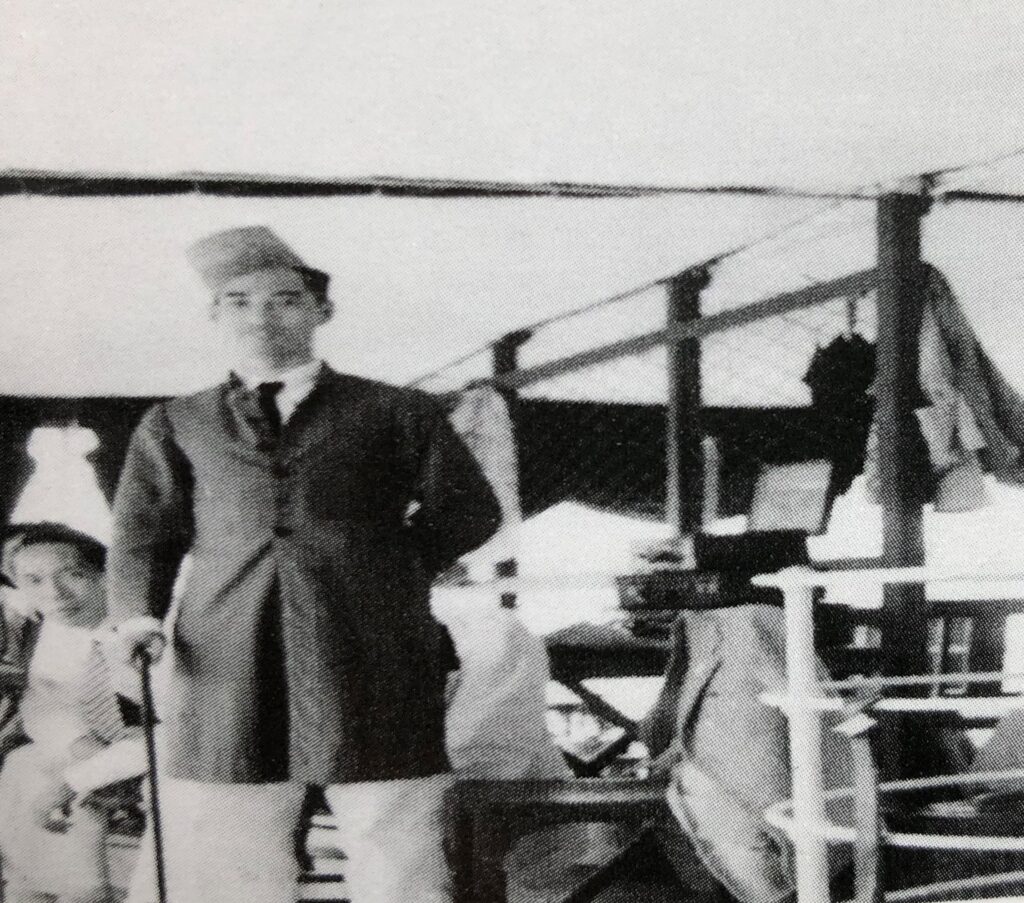
The India-Iran Transport Office of the Ministry of Communications had been established, but Zhou Xiansong was still the representative of the Eastern District and had not yet come to Karachi. The deputy director Lu Zhenxuan, a native of Changzhou, was the nephew of the master Lusan Gonggong, a fellow practitioner of my aunt in Qingjingju temple. Lu Zhenxuan led three or four people to transport a batch of car parts from Karachi by train to Zahadan, Iran that was at the junction of Balochistan and Iran, the terminal station of the Western India Railway. At that time, it was originally planned to be transported by road from Zahadan to Tehran, the capital of Iran, and then transported by train to Almaty in the Soviet Union, and then transported by truck to Dihua in Xinjiang for transit inland. The trucks were also to be transported by Karachi. However, because the diplomatic relationship with the Soviet Union was not fully negotiated at that time, the batch was transported to Zahadan and had to be on standby there. Soon Lu Zhenxuan went back to Karachi first, and the domestic staff had arrived. Zhou Xiansong also came to Karachi and officially started office. I also moved from Liu Zhiguo’s place to the India-Iran Transport Office with the name of the chief clerk in charge of business work. However, with the exception of the shipment to Tehdan, the new substance would not be renewed because the road had not yet been completed, so there was nothing to do after completing the registration and other tasks within a few days. Soon Zhou Xiansong returned to the Eastern District, and Lu Zhenxuan presided over the wait.
At the time of Karachi, Several basketball players in the representative office of the West District and a cashier from the Bank of China Karachi office played well. These players plus Liu Zhiguo and I, as well as a truck driver of the India-Iran Transport Office organized a basketball team to compete with the local team many times.
On the west coast of Karachi, the sandy beaches were flat. My colleagues in various units in Karachi had also organized several picnics, swimming, sunbathing, and other activities.
During the Lunar New Year in 1944, the staff of various agencies in Karachi organized a party. On New Year’s Eve, they held a dinner, bridge playing, chess and other cultural activities in the courtyard of the Indian-Iran Transportation Department, and also held a dance party to invite foreign employees from all units. Most of the participants were female typists, plus the Miss landlord of Liu Zhiguo’s place. Lu Zhenxuan and I did not like to dance, so we played chess for fun.
Photo of me as chief clerk at the India-Iran Transport Department.
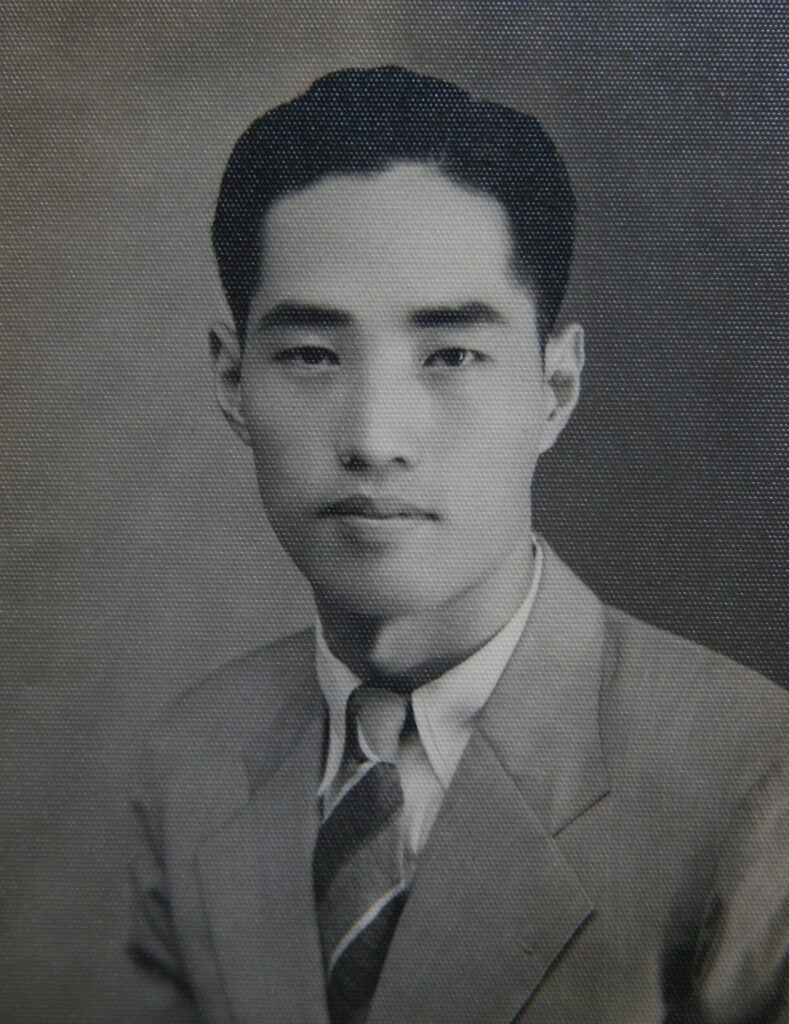
Ma Diyuan had a classmate at the Merchant Shipping School, named Dai Airen, who originally worked on a ship, but was dismissed when his ship was in Karachi. He happened to meet Diyuan and was introduced to Li Shu, the representative of the Department of Transportation, to assist in the work to avoid unemployment. Dai Airen was a tall, upright person. He had fallen in love with an Indian female typist and was hard to separate. However, at the time, both parties were not suitable to get married. This was a real problem and could not be solved by temporary feelings. I had advised him to think carefully. After I left Karachi, I did not know what happened afterward. But in 1949 or the first half of 1950, when I worked in an oil company, he suddenly came to see me one day and he hadn’t seen me for many years. Once we met, I was very happy. He worked on a foreign ship and came to Shanghai to unload the cargo. He knew my address and took the time to see me. I met him and went to eat together. He insisted on his treat. Speaking of the past, the Indian lady and him ended up not getting married because they became good friends. This was his very wise and correct handling. I admired him very much for his ability to rein in the horse at the edge of the cliff, not to be fascinated by emotions. He has not come again since then, I don’t know where he is now, and I really miss him.
In about February, the Soviet Union officially refused to cross the border. Therefore, the Indian-Iran Transport Office was ordered to withdraw, the personnel were demobilized and returned to China, and the Zahadan equipment was transported back to the Karachi Representative Office of the West District. The equipment arrived in April and the personnel returned to Karachi. It was officially cancelled in May.
After hearing the news in New Delhi, Sun Guilin took the initiative to try for me. He wrote to ask me what I intend to do in the future? Would you like to stay in India? He could try to let me work for the Kolkata Eastern Representative Office. I knew at the time that there were few materials in the Western District, and there were too many personnel in various agencies. Returning to China or staying in India is hesitating, Zhou Xiansong and Lu Zhenxuan had very shallow friendship, it was difficult to arrange the people they bring out by themselves, let alone me. I got this letter, immediately wrote back to ask for help. Soon it was concluded that I took the train to Kolkata in mid-May. Brother Kai had already returned to Chongqing, so I didn’t get off the train when I passed New Delhi. Although there were not many personnel in the Indian-Iran Transport Office, there were about 15 or 16 people. Except for Zhou Xiansong’s relatives, Sun Guanxian and Pan Zuyou, who seemed to go to the representative office in the Eastern District, Zhou Xiansong’s old man of Jiangnan Railway Company, Lin Yingyun, could only return back to China.
Lu Zhenxuan was a student studying in France. He was upright and resolute with no bureaucratic bad habits. He had no children, and he was a senior fellow countryman. So I respect him very much. He was formerly the director of Baoshan Branch of the Southwest Transportation Department, and he was also transferred from China this time. Later, I heard that he and Ou Xiangxi were sent by the Ministry of Transportation on an expedition from India to Dihua via southern Xinjiang for several months. The two of them had such perseverance and courage. It was not easy and it was admirable. Lu Zhenxuan served as the head of the transportation station in Xinjiang for a long time, and returned to the east after Japan surrendered. Around 1960, I seemed to have read in the newspapers that Lu Zhenxuan was appointed deputy director of the Guangdong-Han Railway Bureau, and there has been no news about him since. Brother Kai seemed to have participated in the land transportation survey from India’s Qashmir to Xinjiang. I didn’t remember when it was, maybe before Lu Zhenxuan. It seemed that only after arriving in Srinagar, he returned to New Delhi.
I lived in both Singapore and Karachi for only seven months, and I also had very little work, but life was very interesting. Decades have passed, Singapore has become independent, and Karachi has become the only major port in Pakistan. The appearance of the new modern city is incomparable with the old city, and it will be very much missed.
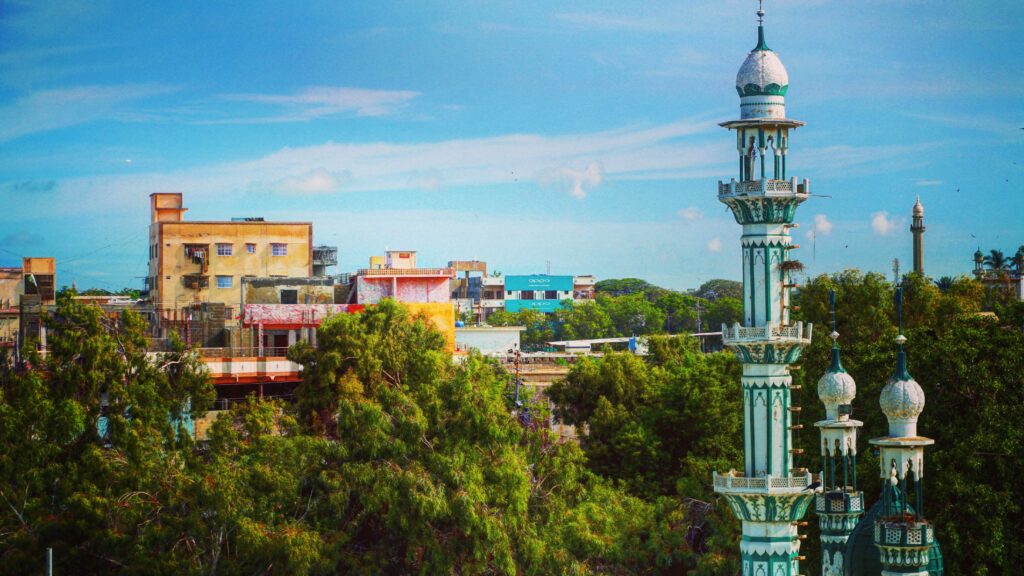


您可能也喜欢
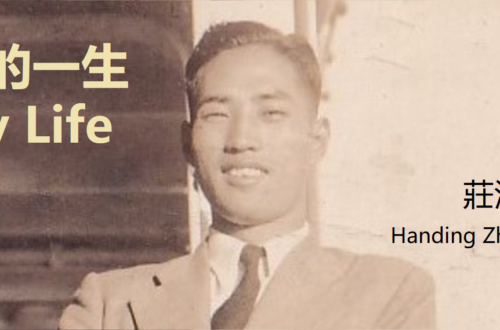
8. 緬甸八莫七個月 1941年10月至1942年5月(繁体)
2022-12-03
11. Married In Chongqing
2022-12-06
